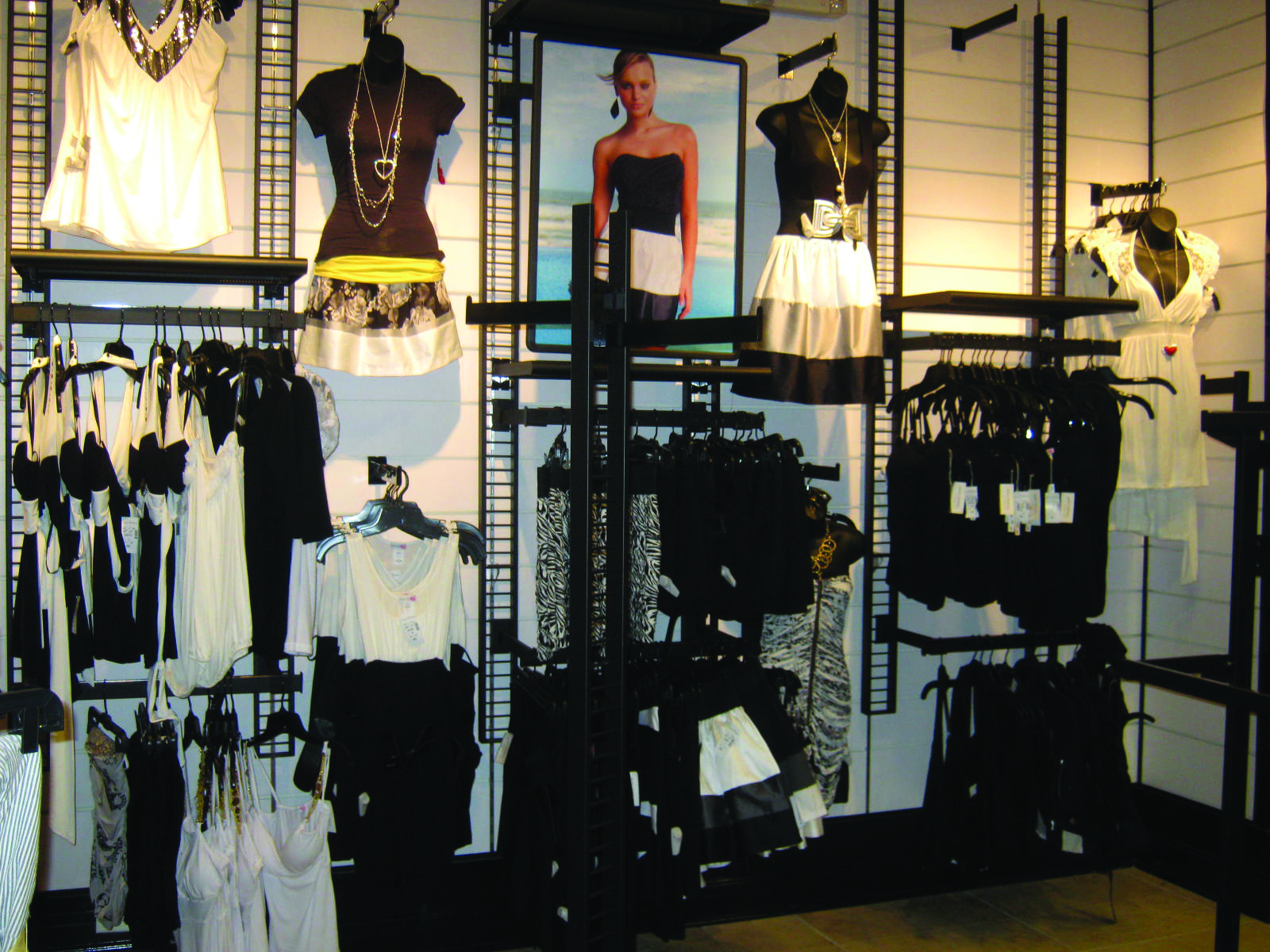In today’s fast-changing retail environment, adaptability is everything. Consumer expectations, product assortments, and in-store technologies evolve rapidly—leaving retailers with the challenge of designing spaces that remain functional, stylish, and cost-effective. Enter modular wall systems: the future of scalable retail design.
Why Flexibility Matters in Retail
Retailers no longer design stores that stay static for five or ten years. Instead, spaces must evolve with seasonal campaigns, new product launches, or shifting customer behaviors. Traditional fixed walls and heavy millwork make these transitions costly and time-consuming. Modular wall systems, however, introduce plug-and-play flexibility, allowing stores to adjust layouts and displays without starting from scratch.
The Benefits of Modular Wall Systems
1. Scalability for Every Store Size From flagship locations to pop-up shops, modular walls scale seamlessly. Retailers can start with a few panels and expand as needed, ensuring consistent branding across all formats.
2. Cost Efficiency Because panels are reusable, the long-term investment reduces the need for new buildouts. With pre-engineered components, installation is faster, saving both labor and downtime costs.
3. Design Versatility Modular walls come in endless finishes, textures, and colors. Retailers can experiment with neutral bases, branded accents, or seasonal overlays—without costly renovations.
4. Seamless Technology Integration Modern modular systems can be pre-wired for lighting, digital signage, and interactive displays. This futureproofs stores for today’s tech needs and tomorrow’s innovations.
5. Sustainability Reusability reduces waste. Instead of tearing down drywall or disposing of outdated fixtures, modular panels can be refreshed, reconfigured, or repurposed, aligning with sustainable retail practices.
Real-World Applications
- Pop-Ups & Seasonal Shops: Quickly transform empty storefronts into branded experiences.
- Category Resets: Swap product displays without major construction.
- Omnichannel Integration: Incorporate interactive screens, QR codes, or digital product catalogs directly into the wall system.
- Backroom to Front-of-House: Modular panels can adapt storage spaces into additional selling areas when needed.
Looking Ahead: The Future of Retail Walls
As consumer expectations rise, modular wall systems will play a vital role in helping retailers stay competitive. Expect to see even more lightweight materials, AI-powered digital signage integration, and sustainable finishes. What was once a construction project is now a design toolkit—making retail spaces as dynamic as the customers they serve.
Modular wall systems are no longer just a design choice—they’re a business strategy. Retailers that embrace this scalable approach will future-proof their spaces, streamline costs, and create engaging environments that adapt as fast as the industry itself.


